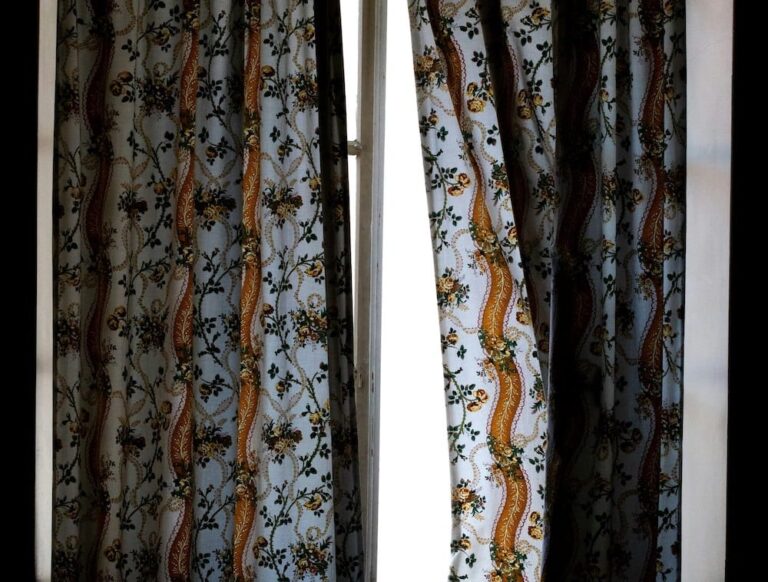toujours – always or still?
The French adverb toujours is a deceptively simple word that learners encounter early in their studies. It is most often translated as “always,” but depending on context, it can also mean “still.” These two meanings are not interchangeable, and understanding when toujours means one or the other is essential for mastering everyday French.
1. Toujours as “Always”
In its most common usage, toujours means “always.” It refers to something that happens consistently, habitually, or unfailingly. In this sense, toujours implies repetition or permanence, and it can be used with a wide range of verbs in the present, past, or future tenses.
Examples:
- Je me lève toujours à 7 heures.
I always get up at 7 o’clock. - Elle a toujours aimé la musique classique.
She has always loved classical music. - Nous serons toujours là pour toi.
We will always be there for you.
This meaning of toujours is often found in general statements or affirmations of habit, value, or emotional permanence. It tends to describe enduring facts or behaviours.
Common contexts:
- Daily routines or repeated actions: Il prend toujours un café le matin.
- Lifelong traits or preferences: C’est un homme toujours curieux.
- Unchanging support or emotional states: Je t’aimerai toujours.
2. Toujours as “Still”
In other cases, toujours is better translated as “still.” Here, it refers to an ongoing action or state that has not yet changed. This use often appears in questions or comments about whether something is continuing to happen or has not stopped.
Examples:
- Tu es toujours là ?
Are you still there? - Il travaille toujours chez Renault.
He still works at Renault. - Elle n’a toujours pas répondu.
She still hasn’t replied.
In this sense, toujours highlights continuity or persistence, often in contrast to an expected change or interruption.
Common contexts:
- Physical presence: Il est toujours à la maison ?
- Employment or activity: Elle fait toujours du théâtre ?
- Unfinished situations: Tu attends toujours une réponse ?
This use of toujours often appears with verbs of being, staying, working, or waiting. It can also appear in negative constructions to express frustration or emphasis, as in Il n’a toujours rien compris (He still hasn’t understood anything).
How to Distinguish the Two Meanings
Whether toujours means “always” or “still” depends entirely on context. A good way to determine the meaning is to ask whether the sentence is about habitual repetition or ongoing continuation.
Consider the following examples:
- Elle est toujours en retard.
→ She is always late.
(Toujours expresses a recurring behaviour or pattern.) - Elle est toujours là ?
→ Is she still there?
(Toujours expresses that something has not yet ended or changed.)
Both sentences use the verb être, but the first describes a pattern, while the second checks whether a current condition remains unchanged.
Related Nuances
In some cases, toujours can carry a more abstract or emphatic meaning, often translated as “still” in the sense of “even now” or “yet again”:
- Toujours les mêmes excuses !
Still the same excuses! / Always the same excuses!
This usage tends to blend the notions of repetition and continuation, and is often used for rhetorical or expressive effect.






